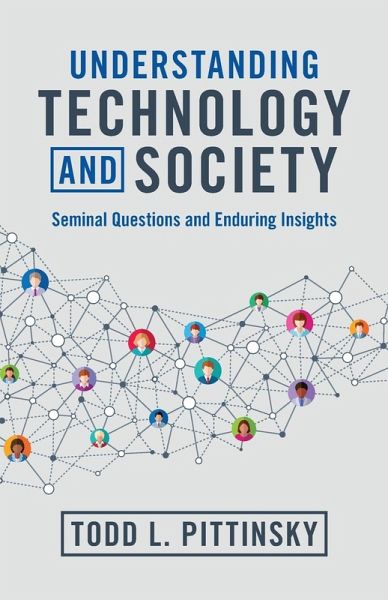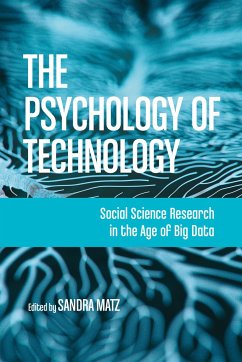
Understanding Technology and Society

PAYBACK Punkte
15 °P sammeln!
From the early days of navigating the world with bare hands to harnessing tools that transformed stones and sticks, human ingenuity has birthed science and technology. As societies expanded, the complexity of our tools grew, raising a crucial question: Do we control them, or do they dictate our fate? The trajectory of science and technology isn't predetermined; debates and choices shape it. It's our responsibility to navigate wisely, ensuring technology betters, not worsens, our world. This book explores the complex nature of this relationship, with 18 chapters posing and discussing a compelli...
From the early days of navigating the world with bare hands to harnessing tools that transformed stones and sticks, human ingenuity has birthed science and technology. As societies expanded, the complexity of our tools grew, raising a crucial question: Do we control them, or do they dictate our fate? The trajectory of science and technology isn't predetermined; debates and choices shape it. It's our responsibility to navigate wisely, ensuring technology betters, not worsens, our world. This book explores the complex nature of this relationship, with 18 chapters posing and discussing a compelling 'big question.' Topics discussed include technology's influence on child development; big data; algorithms; democracy; happiness; the interplay of sex, gender, and science in its development; international development efforts; robot consciousness; and the future of human labor in an automated world. Think critically. Take a stand. With societal acceleration mirroring technological pace, the challenge is, can we keep up?












